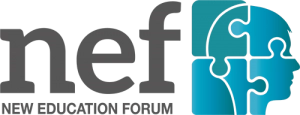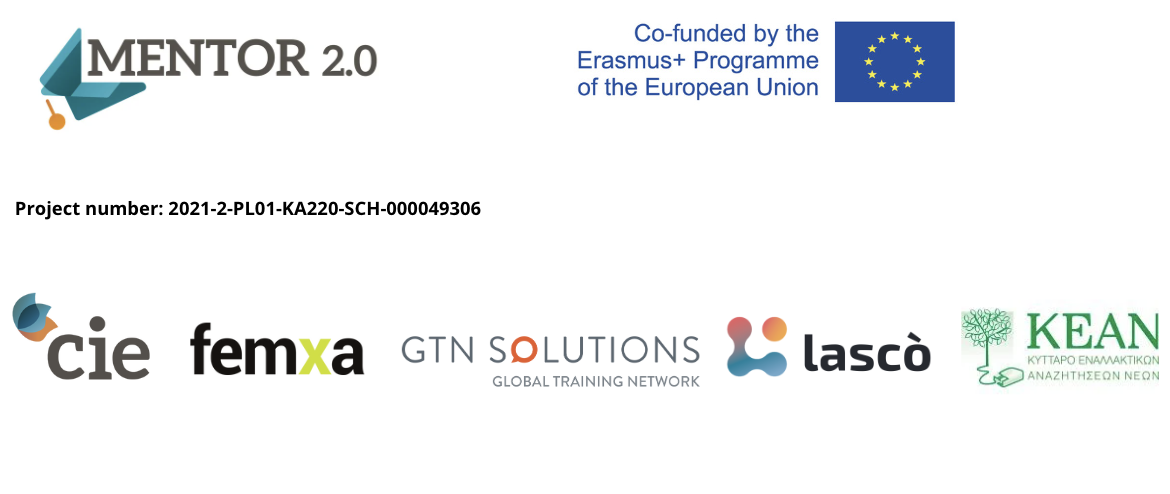Three Key Themes:
Smart Cities for Sustainable Schools: Exploring how smart city initiatives can help schools integrate circular and climate-neutral economy principles, i.e. by ensuring energy-efficient technologies in creating sustainable and environmentally friendly school environments. Placing emphasis on raising awareness on waste reduction, resource efficiency, and sustainable consumption among new generations. Discussing the role of schools in promoting circular and climate-neutral practices within communities.
This theme aligns with the EU’s Circular Economy Action Plan, according to which, “the transition to a more circular economy is an essential part of the European Green Deal.” Further, the EU’s Education and Training 2020 Strategy, also aims to provide quality education and promote sustainable development. The conference contributes to the strategy’s objective of fostering sustainable practices among European citizens. As stated in the strategy, “sustainable development is a core element of the European Union’s cooperation in education and training.”
Digital Learning Empowering Students as Agents of Change: Examining how digital technologies can enhance learning experiences and promote green transition and sustainable development in schools. Discussing innovative approaches such as online platforms, artificial intelligence, virtual reality, gamification, and collaborative tools for engaging students in circular and climate-neutral economy concepts. Highlighting the importance of student engagement and empowerment in driving sustainable practices within schools and communities. Discussing student-led initiatives, project- based learning, and the use of digital tools to inspire students to become active participants in the circular and climate-neutral economy.
This theme recognizes the role of schools in promoting circular practices within communities and empowering students to become active participants in the circular and climate-neutral economy, aligning with the EU’s Education and Training 2020 Strategy ‘s goal of fostering active citizenship and promoting sustainable development through education. Further, as stated in the Digital Education Action Plan, “Digital technologies and digital competence are essential for participation in modern society, where knowledge is increasingly digital.” Moreover, this theme recognizes the importance of student engagement and empowerment in driving sustainable practices within schools and communities, which is in line with the Digital Education Action Plan’s (DEAP) emphasis on fostering active citizenship and digital competences. DEAP states that, “digital education plays a key role in empowering people of all ages to be active citizens and to participate fully in society, through the acquisition of digital skills and competences.” By discussing student-led initiatives, project-based learning, and the use of digital tools to inspire students to become active participants in the circular and climate-neutral economy, the theme aligns with the objective of empowering students to utilize digital technologies for positive change and active citizenship.
Policy and Governance, collaboration, and partnerships in school modernisation:
Addressing the gaps between labour market needs and the delivery of quality education. Exploring challenges, opportunities, and best practices for collaboration between education institutions, local governments, and technology providers. Emphasizing the crucial role of cross-sector collaborations and partnerships among schools, businesses, research institutions, and community organizations to bridge the divide and promote sustainable practices and digital learning in today’s dynamic labour market. By focusing on collaboration between education institutions, local governments, and technology providers, the conference aims to drive positive change, foster partnerships, and address the pressing issues in school modernization and the delivery of relevant education within smart cities.
This theme recognizes the importance highlighted in the European Green Deal, that “it requires the involvement of all stakeholders, including national, regional, and local authorities, civil society, industry, and citizens.” Thus, it focuses on discussing challenges, opportunities, and best practices for such cross-sectorial collaboration reflecting the importance of fostering partnerships and working together to drive positive change in school modernization and sustainability efforts within smart cities. By exploring these interconnected themes, the conference aims to inspire innovative ideas, share experiences, and foster collaboration to create smart, sustainable schools within circular cities while harnessing the potential of digital learning.


